
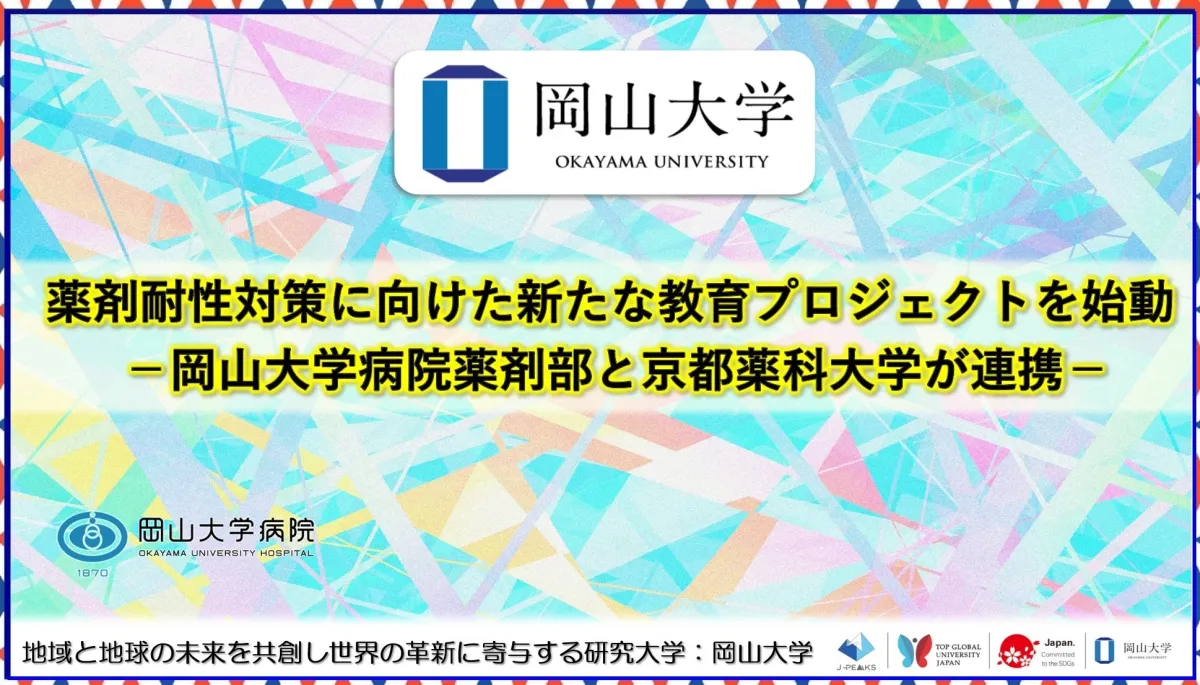
Okayama University and Kyoto Pharmaceutical University Launch New Educational Initiative Against Antimicrobial Resistance
New Educational Project Against Antimicrobial Resistance
On May 16, 2025, Okayama University announced a significant step in addressing the rising threat of antimicrobial resistance (AMR) through a collaborative educational initiative with Kyoto Pharmaceutical University. The aims of this new project focus on creating specialized pharmacists in the field of infectious diseases, aligning with the goals of sustainable education in this essential area.
The initiative is spearheaded by Akira Kimura, the Chief Pharmacist in the Department of Pharmacy at Okayama University Hospital, alongside distinguished faculty members such as Hiroaki Hamano (Deputy Director of the Pharmacy Department), Yoshihito Zamami (Professor), and young researchers like Ryo Isai and Yuichi Muraki from Kyoto Pharmaceutical University. Their combined expertise is steering the development of innovative educational content targeted at pharmacy professionals, enhancing their capabilities in handling AMR.
The project gained attention during the 99th Annual Meeting of the Japan Society of Infectious Diseases and the 73rd Annual Meeting of the Japanese Society of Chemotherapy, which occurred from May 8 to 10, 2025. Professor Muraki introduced the project and highlighted its importance at the conference, which attracted considerable interest from attendees.
Utilizing Technology in Education
A key component of this educational initiative is the incorporation of a specialized pharmacist training app called "KimBen pharma," developed by Medswell, a startup launched by Okayama University. This app is designed in a simulation format that mirrors real clinical environments, enabling users to experience simulated patient cases created by professional pharmacists nationwide. Furthermore, the app offers explanatory video contents to help enrich the pharmacists' foundational knowledge and skills.
The digitalization of specialized educational materials through this application signifies a transformative shift. For years, this type of education has been predominantly delivered during academic conferences and seminars, but now it will be accessible to users anytime and anywhere, promoting a sustainable educational model. Since its launch, more than 100 pharmacists have begun using the app, and feedback has been overwhelmingly positive, indicating a strong demand for this type of training.
Continued Growth and Future Implications
As this educational project progresses, there are plans to enhance the app's content further and reach a wider audience of pharmacists and pharmacy students. The initiative not only seeks to combat antimicrobial resistance but also emphasizes the adaptability and commitment of Okayama University and its Hospital to evolving education methods to meet contemporary healthcare challenges.
This ongoing commitment resonates with the sustainable development goals (SDGs) supported by Okayama University, proving its dedication to ensuring the future of global health through education.
With such innovative programs in place, Okayama University is poised to solidify its role as a leading research institution, fostering collaboration between academia and the healthcare industry to create a better-informed and effective healthcare workforce moving forward.
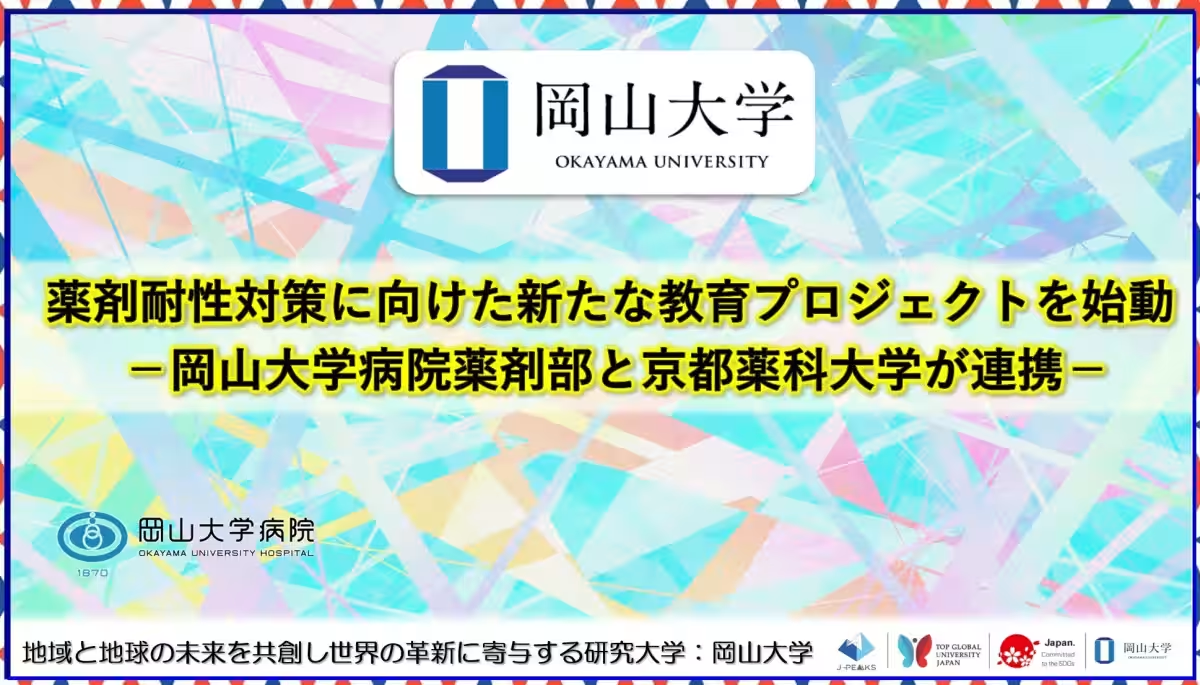
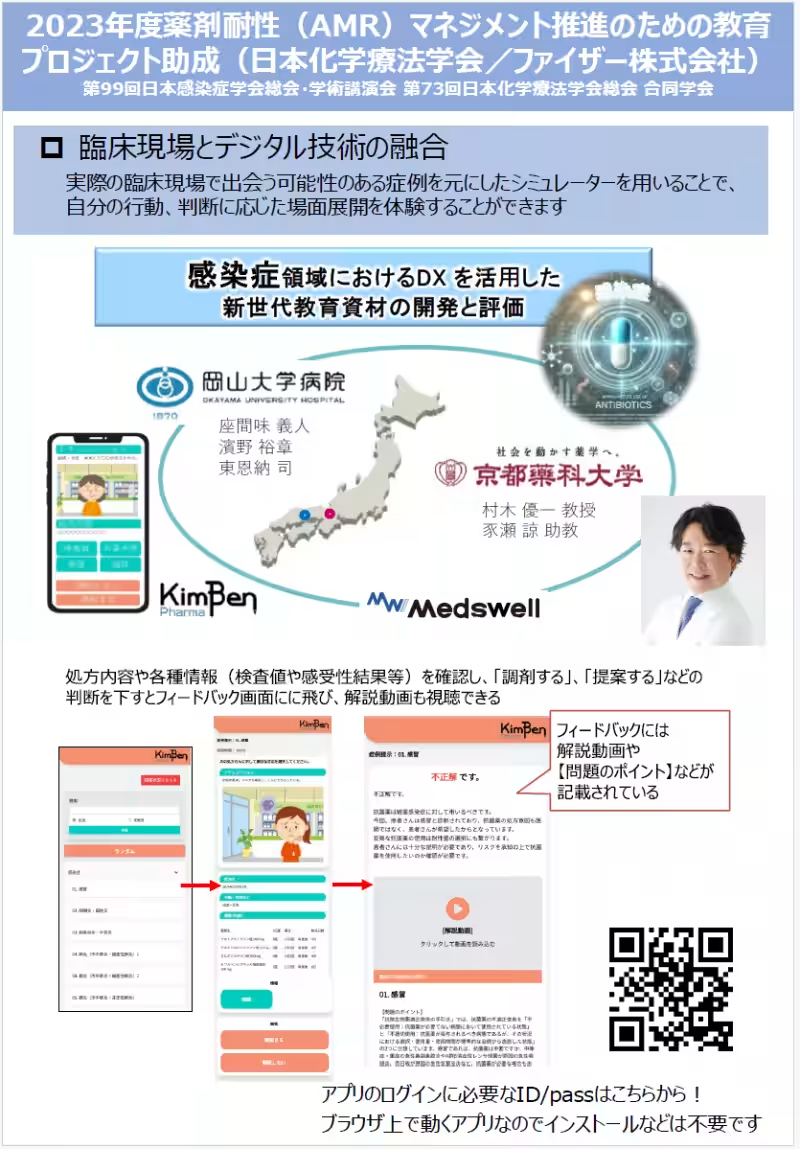
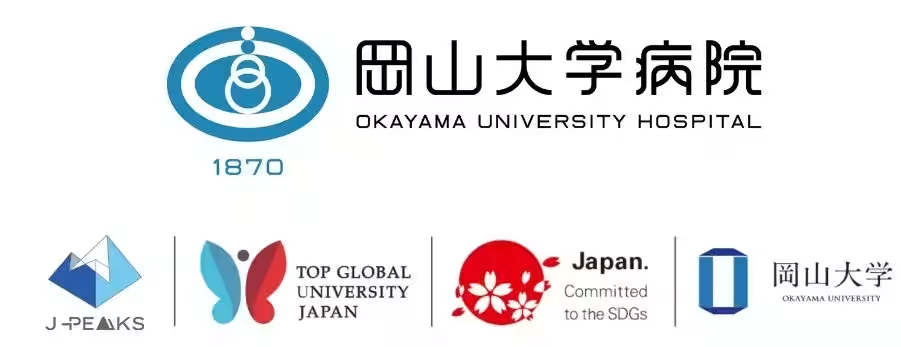

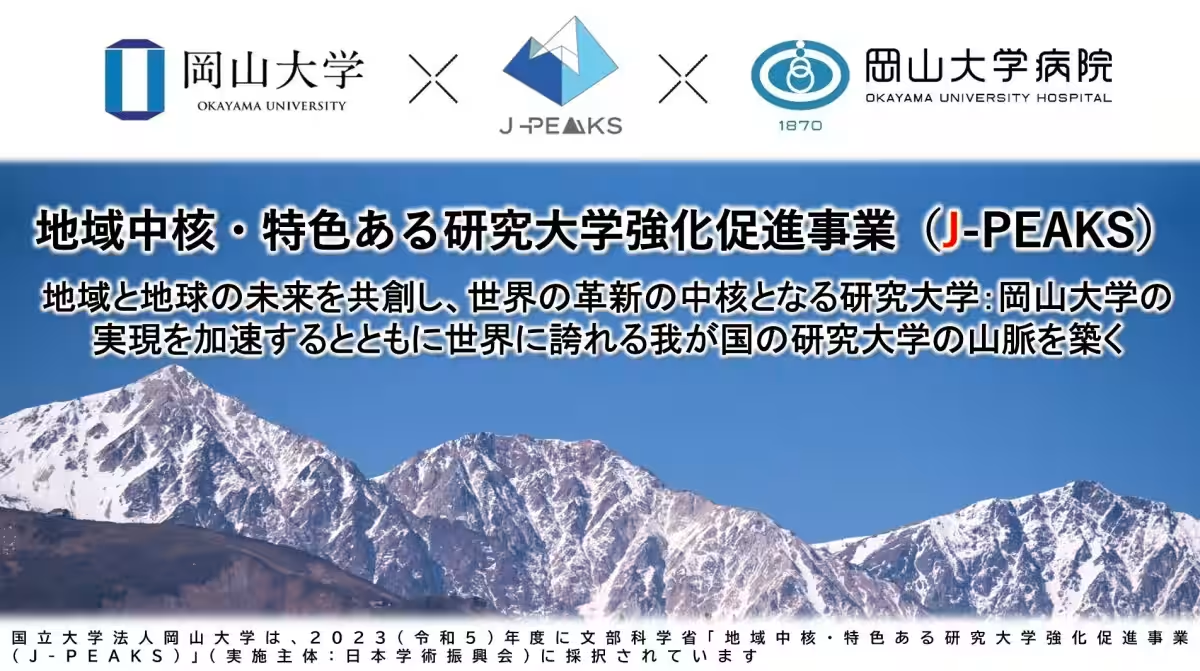
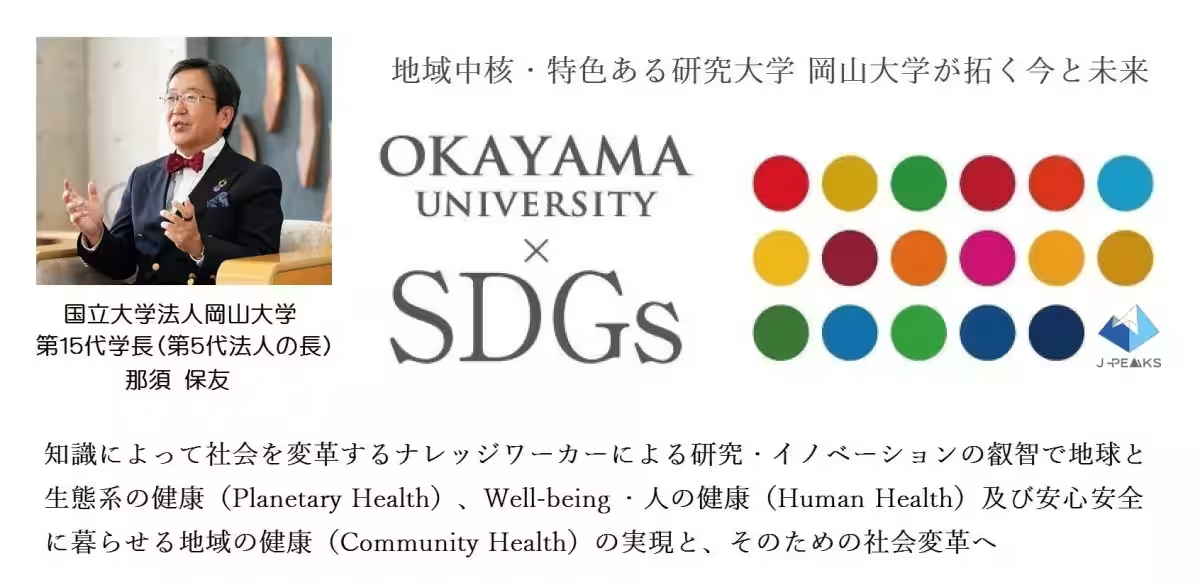
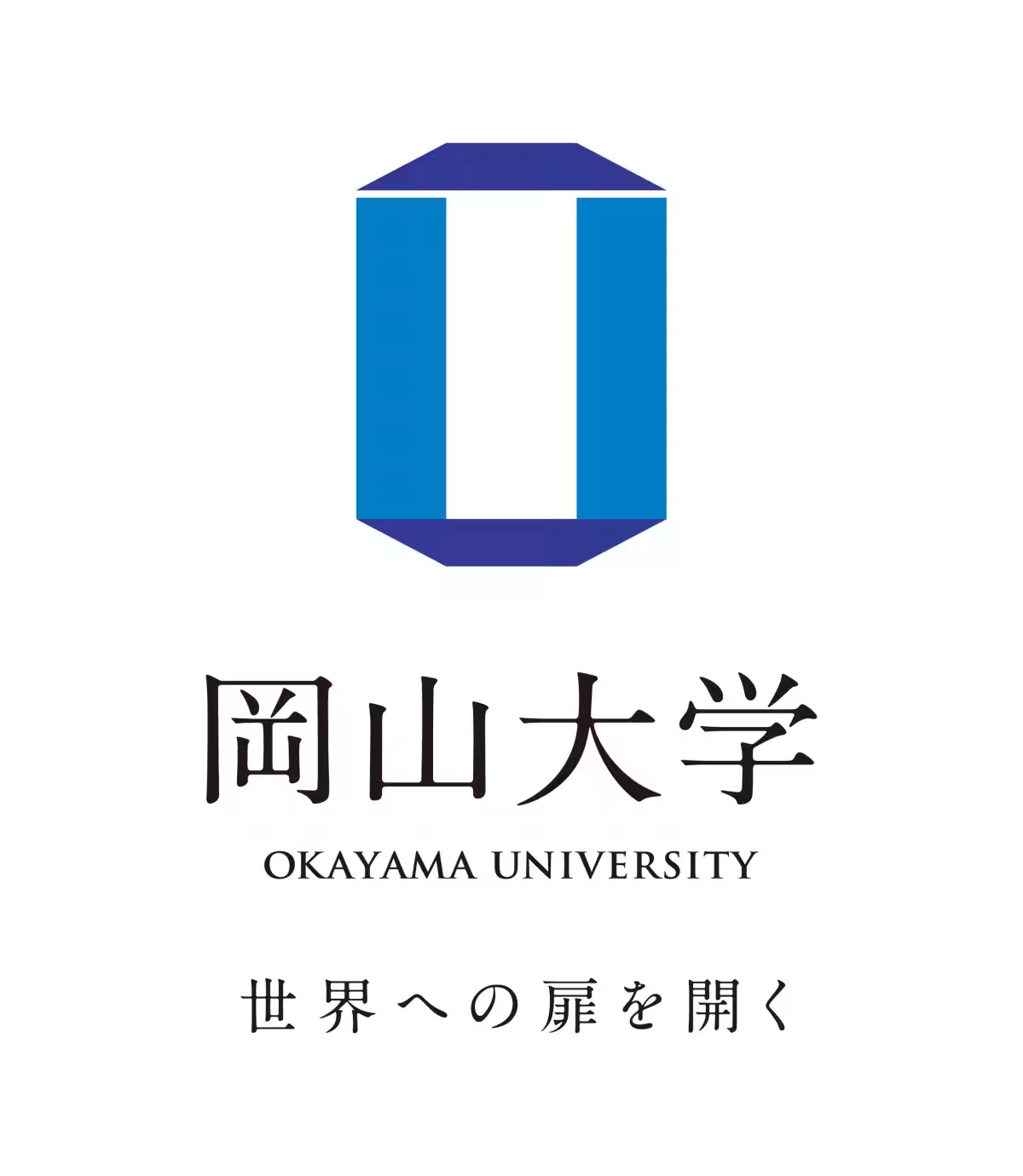
Topics Other)










【About Using Articles】
You can freely use the title and article content by linking to the page where the article is posted.
※ Images cannot be used.
【About Links】
Links are free to use.